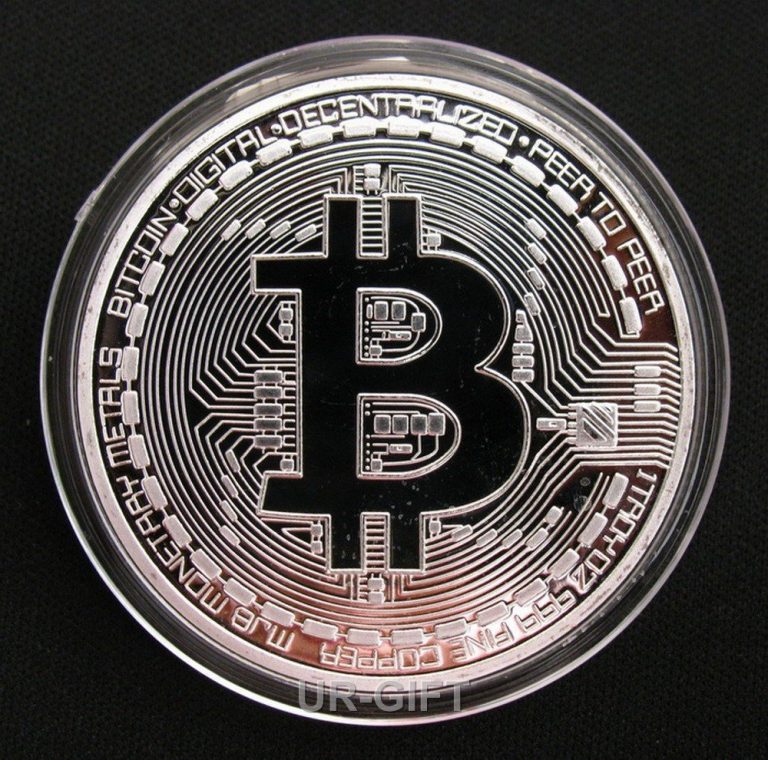Bitcoin mining meaning sets the stage for this enthralling narrative, offering readers a glimpse into a story that is rich in detail and brimming with originality from the outset.
This process not only validates transactions on the Bitcoin network but also plays a crucial role in the creation of new bitcoins. As we explore the evolution of Bitcoin mining, from its humble beginnings to the sophisticated technologies used today, you’ll gain insight into the complex ecosystem that powers this digital currency.
Understanding Bitcoin Mining
Bitcoin mining is the process through which new bitcoins are created and transactions are verified on the Bitcoin network. This decentralized mechanism relies on a distributed ledger technology known as blockchain, which records every transaction made with Bitcoin. Miners use specialized hardware to solve complex mathematical problems that validate transactions, ensuring the integrity and security of the network. The first miner to solve a problem gets to add a new block to the blockchain and is rewarded with newly minted bitcoins.Historically, Bitcoin mining began in 2009 when the first block, known as the Genesis Block, was mined by Bitcoin’s mysterious creator, Satoshi Nakamoto.
Initially, mining could be done using standard personal computers, but as more people joined the network and the difficulty of mining increased, miners transitioned to more advanced hardware. Today, mining has evolved significantly, with dedicated mining rigs and large mining farms dominating the landscape.Key components involved in the Bitcoin mining process include the blockchain, mining software, and mining hardware. The blockchain serves as a public ledger, the mining software connects miners to the network, and the hardware performs the heavy computational work necessary for mining.
The Mining Process
The Bitcoin mining process involves several key steps that ensure the verification and addition of new transactions to the blockchain. First, miners collect and verify pending transactions from the Bitcoin network. Once verified, these transactions are bundled together into a block. Next, miners compete to solve a cryptographic puzzle associated with the block. This process requires significant computational power and resources.
The first miner to successfully solve the puzzle broadcasts their solution to the network, and other miners can verify the correctness of this solution. Once validated, the block is added to the blockchain, and the miner who solved the puzzle receives a reward in the form of newly created bitcoins, along with transaction fees from the validated transactions.Miners play a critical role in this process by ensuring that all transactions are legitimate and that no double spending occurs.
This decentralized validation process is crucial to maintaining trust and security within the Bitcoin ecosystem.
Mining Equipment and Technology
Bitcoin mining requires specialized hardware due to the computational intensity of the mining process. The two main types of hardware used for Bitcoin mining are ASIC miners and GPU miners. ASIC miners (Application-Specific Integrated Circuits) are purpose-built devices optimized for Bitcoin mining. They offer significantly higher hash rates (computational power) compared to traditional GPUs (Graphics Processing Units), which were originally used in the early days of Bitcoin mining.
While GPUs can still mine cryptocurrencies that require less computational power, ASIC miners dominate the Bitcoin mining landscape due to their efficiency and performance.Here are some of the most popular Bitcoin mining rigs currently available:
- Antminer S19 Pro
- WhatsMiner M30S
- Bitmain Antminer S19j
- MicroBT WhatsMiner M31S
- Innosilicon T3+
Mining Pools and Their Importance
A mining pool is a collective of miners who merge their computational resources to enhance their chances of successfully mining a block. By pooling their efforts, miners can earn rewards more consistently than they would be able to on their own through solo mining.Joining a mining pool offers several benefits, including reduced variance in earnings and a more steady income stream.
Instead of waiting for long periods to successfully mine a block, participants in a pool receive smaller, more frequent payouts based on their contribution to the pool’s total hash power.Some popular Bitcoin mining pools include:
- F2Pool
- Antpool
- Slush Pool
- BTC.com
- ViaBTC
Each of these pools has different features and fee structures, making it essential for miners to evaluate their options carefully before joining.
Environmental Impact of Bitcoin Mining
Bitcoin mining has faced criticism for its substantial energy consumption. The energy-intensive processes required to solve cryptographic puzzles lead to significant electricity use, often sourced from fossil fuels. This has raised concerns about the carbon footprint of Bitcoin mining operations, especially in regions where coal is the primary energy source.To address these environmental issues, several initiatives are being pursued to make Bitcoin mining more sustainable.
For instance, some mining companies are investing in renewable energy sources such as solar and wind power. Additionally, there are ongoing discussions within the Bitcoin community about transitioning to less energy-intensive consensus mechanisms.
Economic Aspects of Bitcoin Mining
The profitability of Bitcoin mining depends on several factors, including the current price of Bitcoin, the cost of electricity, and the efficiency of mining hardware. As Bitcoin’s price fluctuates, so do the potential mining rewards. Setting up a mining operation incurs various costs, such as purchasing hardware, electricity, cooling systems, and facility expenses. Miners need to calculate their potential return on investment carefully, considering the volatility of Bitcoin and ongoing expenses associated with mining.
Legal and Regulatory Considerations
The legal landscape surrounding Bitcoin mining varies significantly across different countries. Some nations have embraced cryptocurrency mining, fostering a supportive environment, while others have imposed strict regulations or outright bans.Several regulations specifically target Bitcoin miners, focusing on energy consumption, taxation, and operational compliance. Future regulatory developments could shape the mining industry, with potential implications for profitability and operational practices.
Future of Bitcoin Mining
Emerging trends in Bitcoin mining technology include advancements in hardware efficiency and alternative energy sources. As competition intensifies, miners are constantly seeking ways to lower costs and increase profitability.The Bitcoin halving events, which occur approximately every four years and reduce the block reward for mining, also have a significant impact on the mining ecosystem. As rewards decrease, miners must adapt to maintain profitability, often leading to more efficient mining practices.Looking ahead, predictions suggest that Bitcoin mining will continue to evolve, driven by technological innovation and regulatory changes.
As the industry matures, it may witness further consolidation, with larger mining operations dominating the market while smaller miners may struggle to compete.
Epilogue
In conclusion, our journey through the world of Bitcoin mining has unveiled its intricate processes, economic implications, and environmental considerations. As innovations continue to shape the future of mining, staying informed will be essential for anyone looking to navigate this dynamic landscape.
FAQ Compilation
What is Bitcoin mining?
Bitcoin mining is the process of validating transactions and adding them to the blockchain while creating new bitcoins.
How does mining affect Bitcoin’s price?
The profitability of mining can influence the supply of new bitcoins, which in turn can affect Bitcoin’s market price.
What are ASIC miners?
ASIC miners are specialized hardware designed specifically for Bitcoin mining, offering higher efficiency compared to regular computers.
Are mining pools worth joining?
Yes, joining a mining pool can provide more consistent rewards than mining alone, as it combines the efforts of multiple miners.
What is the environmental impact of Bitcoin mining?
Bitcoin mining consumes significant energy and contributes to carbon emissions, prompting discussions about sustainable practices in the industry.

